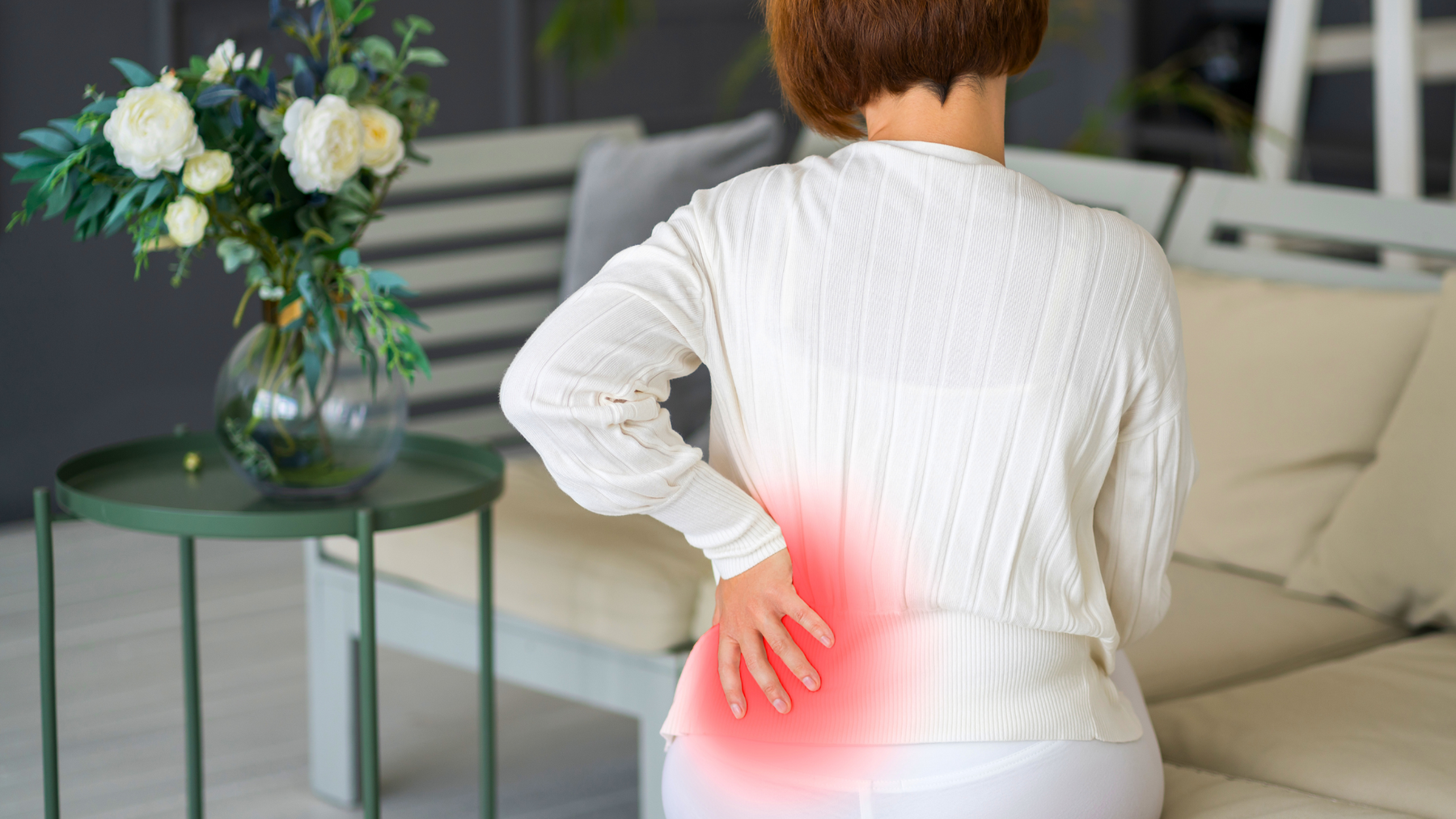
Osteoporosis: What You Need to Know
Osteoporosis is a condition characterised by a significant loss of bone density, leading to weakened bones that are more susceptible to fractures. While fractures can occur in various parts of the body, they are most commonly seen in the hip, wrist, and spine. Our bones are in a constant state of renewal; as old bone tissue is broken down, new bone is formed.
During our youth, the body creates new bone more rapidly than it breaks down old bone, increasing bone mass. Most people reach their peak bone mass in their early 20s, but as we age, bone mass is lost at a faster rate. This means that the amount of bone mass you developed in your youth plays a crucial role in your risk of developing osteoporosis. The more bone mass you have, the less likely you are to experience this condition.
Symptoms of Osteoporosis
In its early stages, osteoporosis often presents no symptoms. However, as the condition progresses, you may experience:
- Back pain
- Gradual loss of height
- Stooped posture
- Sudden and unexpected fractures
If left untreated, osteoporosis can lead to significant pain and suffering. The good news is that osteoporosis is both preventable and treatable!
Are You at Risk?
Several factors can increase your risk of developing osteoporosis:
- Gender: Women are at a higher risk than men because their bones are generally thinner and lighter.
-
Age: The risk increases with age, particularly for women over 50.
Bone structure and body weight: Individuals with small body frames (both men and women) are more prone to osteoporosis. - Ethnicity: Research indicates that Caucasian and Asian women are at higher risk compared to those of other ethnic backgrounds.
- Family history: A family history of osteoporosis or fractures increases your risk.
- Hormone levels: Women experience a drop in oestrogen after menopause, which can accelerate bone loss. Men also see a decrease in testosterone levels as they age.
- Certain diseases: Conditions like rheumatoid arthritis, thyroid issues, celiac disease, and others can contribute to bone loss.
- Medications: Long-term use of cortisone or prednisone can increase your risk.
- Low calcium intake: A diet low in calcium can lead to early bone loss and increased fracture risk.
- Smoking: Tobacco use is linked to a higher risk of fractures and contributes to osteoporosis.
- Excessive alcohol consumption: Drinking heavily can weaken bones and increase the risk of osteoporosis.
How to Prevent Osteoporosis and Maintain Healthy Bones
-
Increase Protein Intake: Protein is vital for bone health. Ensure your diet includes a variety of lean meats, chicken, legumes, dairy products, eggs, soy, and nuts. For plant-based sources, consider chia and hemp seeds.
-
Maintain a Healthy Body Weight: Both underweight and overweight individuals are at higher risk for fractures. Aim to maintain your ideal weight through a balanced diet and regular exercise. For weight loss, consider natural remedies like EcoSlim and Detox Drops from Feelgood Health.
-
Add More Calcium: Adults aged 18 to 50 need about 1,000 milligrams of calcium daily, while women over 50 and men over 70 require 1,200 milligrams. Include low-fat dairy, dark leafy greens, canned fish with bones, and fortified foods, and consider supplements like Osteo Synergy Tissue Salts.
-
Include Vitamin D: Vitamin D enhances calcium absorption. Spend time in the sun and consider supplements, such as Vitamin D3, especially if sunlight exposure is limited.
-
Regular Exercise: Engaging in strength training, weight-bearing, and balance exercises is crucial for maintaining bone density. Activities like walking, jogging, and Pilates can help keep your bones and joints strong.
-
Quit Smoking and Limit Alcohol: Reducing nicotine and alcohol intake can significantly lower your risk of osteoporosis. Natural remedies like Crave-Rx can aid in nicotine withdrawal.
- Herbal and Vitamin Supplements for Bone Health:
- MobiLive: Helps prevent bone loss associated with certain medications.
- Osteo Synergy Tissue Salts: Supports bone strength and density.
- Shiitake Medicinal Mushroom: Benefits musculoskeletal conditions, including osteoporosis.
Being aware of your risk factors for osteoporosis is essential for prevention. Taking proactive steps to enhance your bone health - like improving your diet, engaging in regular exercise, and considering supplements - can help protect you against this condition. Remember, it’s never too early to prioritise your bone health!
If you have any question, please contact us or leave a comment below for FREE health advice. We always love hearing from you!


Comments
Leave a comment